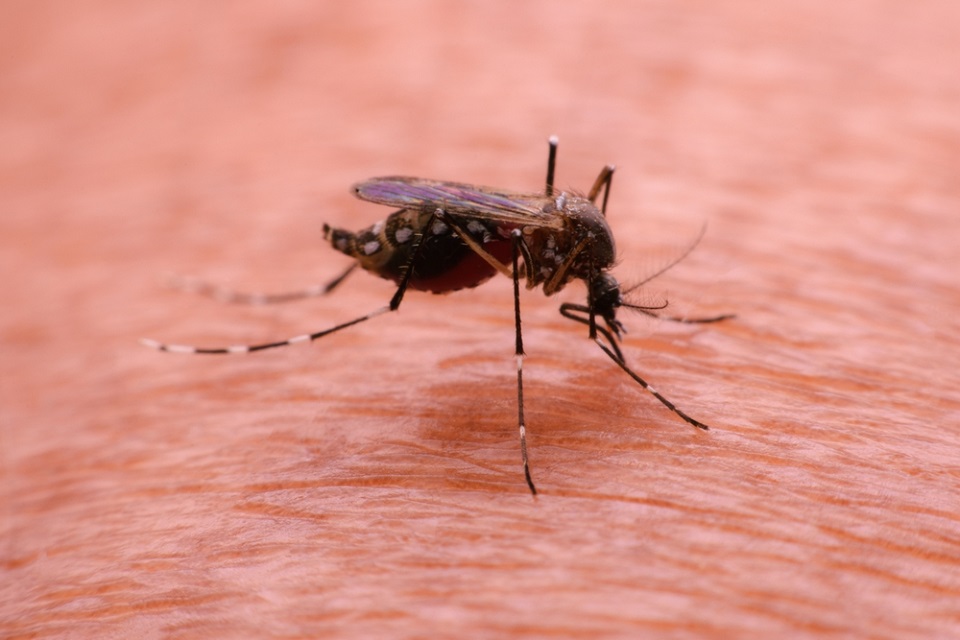Researchers show that 2023 was worst year on record for Dengue infections and deaths worldwide

Researchers led by a Keele University scientist have said the world is experiencing the largest outbreak of Dengue virus in history, with a record number of cases reported in 2023.
The data, published in the journal IJID Regions and featured in The Guardian today, shows that across the world there were 6.5 million cases and more than 6,800 deaths attributed to Dengue virus recorded last year, marking a historic milestone.
South America had the highest number of cases at 3.9 million, with 3.1million of those in Brazil alone. The highest fatality ratio was recorded in Asia (0.22), with Bangladesh recording the highest number of deaths at 1,705.
Despite these shocking statistics, Dr Najmul Haider, a Lecturer in Epidemiology in Keele’s School of Life Sciences, who led the research, said that the cases reported to the World Health Organisation (WHO) in 2024 have already surpassed 2023’s annual total, and called for a comprehensive global approach to tackling the virus.
Dr Haider said: “The rising trend of dengue cases is likely to continue due to the increasing effects of climate change, globalization, urbanization, and the adaptation of Aedes albopictus mosquitoes. A comprehensive, global approach is essential to curb the spread of Aedes mosquitoes and reduce dengue cases.”
Dengue fever is a mosquito-borne illness which is endemic in over 125 countries, with cases reported to the WHO escalating annually. Most cases are minor with patients exhibiting few or no symptoms.
But if a person becomes reinfected with a different strain or variation of the virus, they are at risk of developing Dengue fever with much more serious symptoms. This secondary dengue infection, as it is known, can be fatal in some cases.
The researchers say that this increased level of cases and mortality highlight the urgent need for a united global approach aimed at Dengue virus infection control, including vaccine development, controlling the mosquitoes that transmit the virus, public health initiatives, and improved clinical management of Dengue patients.
Dr Haider added: “The prevalence/incidence of secondary dengue infection remains largely unknown. Global initiatives are needed to enhance the diagnosis of secondary dengue infections at point-of-care centres to save lives.”
Most read
- Research by Keele alumnus improves outcomes for children with rare type of brain tumour
- Keele and NHS Trust partner to advance ethical AI in healthcare
- Keele Business School leaders invited to discuss work in Parliament
- Health impacts of eating disorders complex and long-lasting, researchers find
- Keele-led hydrogen research programme scoops top industry award
Contact us
Andy Cain,
Media Relations Manager
+44 1782 733857
Abby Swift,
Senior Communications Officer
+44 1782 734925
Adam Blakeman,
Press Officer
+44 7775 033274
Ashleigh Williams,
Senior Internal Communications Officer
Strategic Communications and Brand news@keele.ac.uk.


